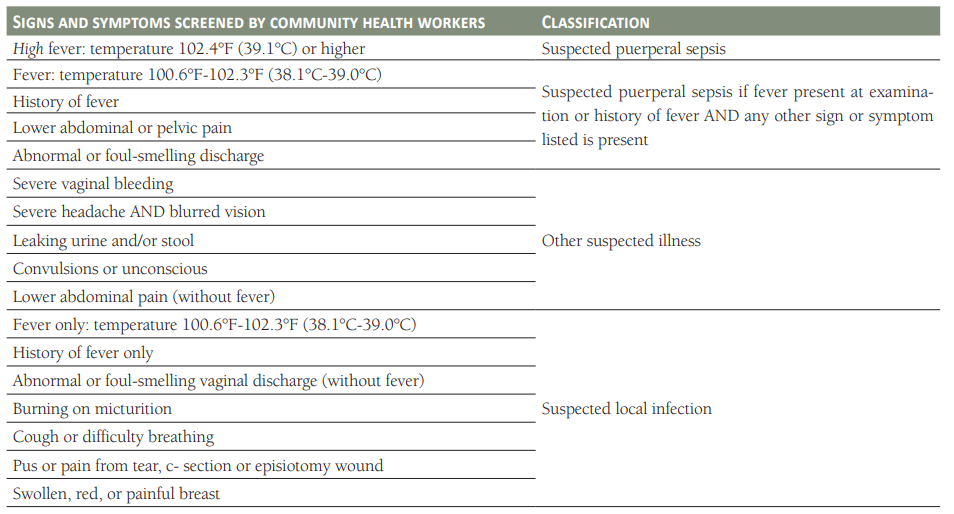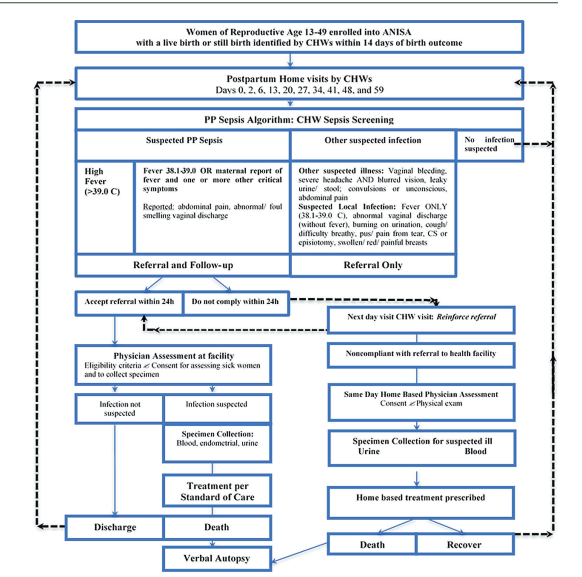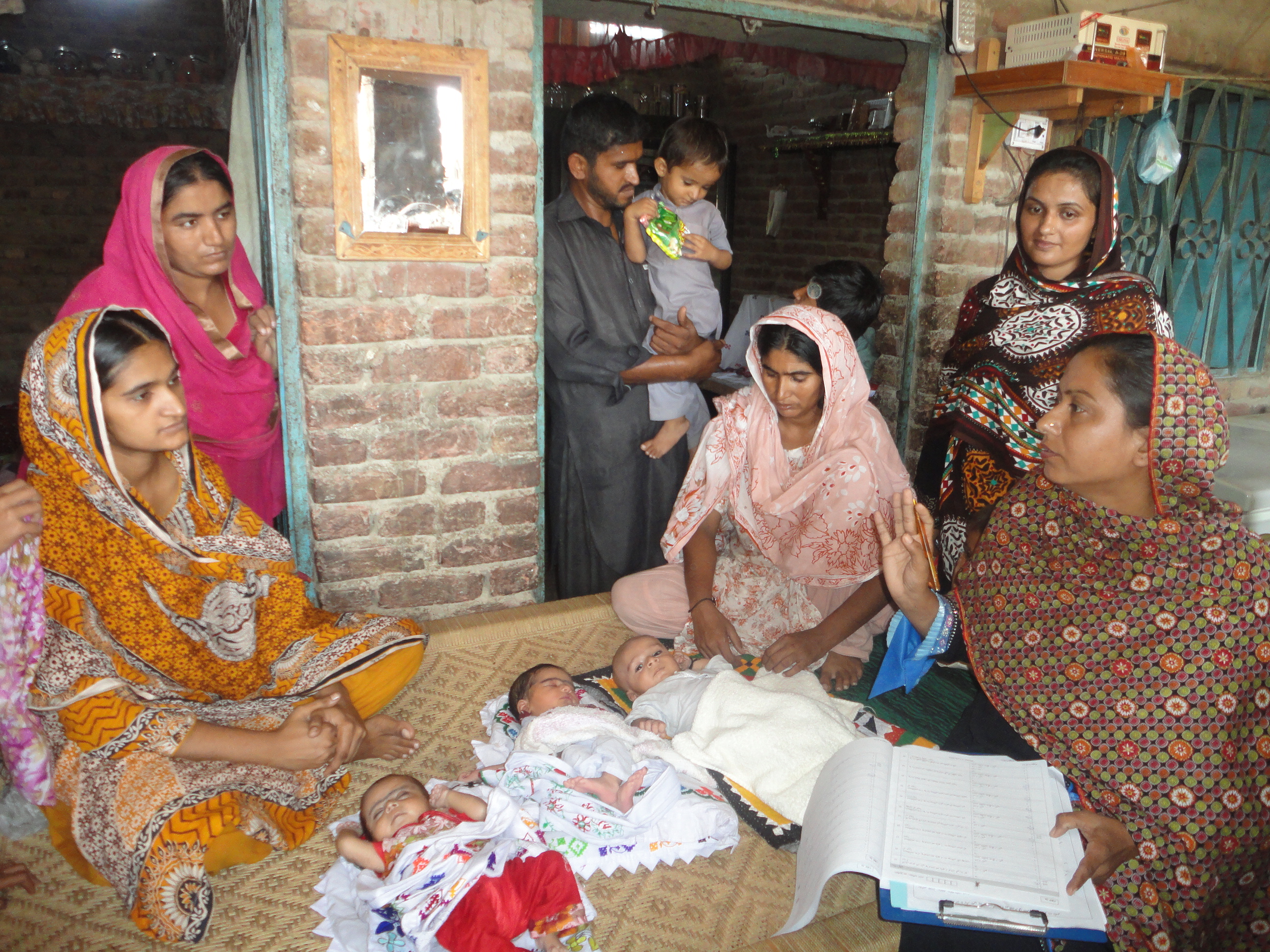Public Health & Prevention
Session: Public Health & Prevention 2
214 - Etiology of Postpartum Sepsis Among Recently Delivered Women In Pakistan
Saturday, May 4, 2024
3:30 PM - 6:00 PM ET
Poster Number: 214
Publication Number: 214.1245
Publication Number: 214.1245

SHABINA ARIFF, MD,FCPS (she/her/hers)
Associate Professor
AKU
karachi, Sindh, Pakistan
Presenting Author(s)
Background: Untreated postpartum-endometritis escalates to postpartum-sepsis, with a 17% fatality rate. Post partum sepsis is one of the major contributors to maternal mortality in LMIC.
Objective: This study aimed to provide the first population-level data on the epidemiology and microbiology of endometritis in Pakistan, which is essential for informing appropriate treatment strategies.
Design/Methods: A prospective-observational-cohort-study was conducted in Matiari and peri-urban areas of Karachi. Surveillance system instituted in the study areas was utilized to recruit women within-14 days of delivery. Participants were followed on postpartum-days 0, 2, 6, 13, 20, 27, 34, 41, 48, and 59 by trained Community-Health-Workers (CHWs) after obtaining informed-consent. Women suspected to have sepsis were referred by CHWs to study physicians for confirmation of diagnosis. Each case was matched with 3 control women who were diagnosed by CHWs to have no infection. Cases and controls were assessed by trained physicians using the same algorithm implemented by the CHWs. All women with physician-confirmed-sepsis were referred for endometrial sample collection and treated according to WHO-recommendations.
Results: CHWs suspected sepsis in 1762(14.1%) of the 12509 eligible and consenting women. Physicians assessed. 1451(82.34%) of the suspected sepsis cases and 1919 healthy women. CHWs identified sepsis with a sensitivity and specificity of 86% and 72%, respectively. Altogether, 466(52.1%) of the 894 women with physician-confirmed sepsis provided endometrial cultures. The most common pathogens were E. coli (40.5%), G. vaginalis (15.3%), S. pyogenes (11.5%), and S. aureus (9.2%). Of the 10 most common pathogens, 67.6% were sensitive to combined clindamycin and gentamycin, 53.2% were sensitive to imipenem, 35.6% were sensitive to combined amoxicillin-clavulanic acid and metronidazole, and 19.4% were sensitive to combined ampicillin and metronidazole.
Conclusion(s): Pakistan's high postpartum sepsis rates necessitate early recognition at the community level and prompt referral. Treatment guidelines based on common pathogen susceptibility, preventive strategies are imperative to improve the outcomes of postpartum women and reduce maternal mortality in Pakistan.



